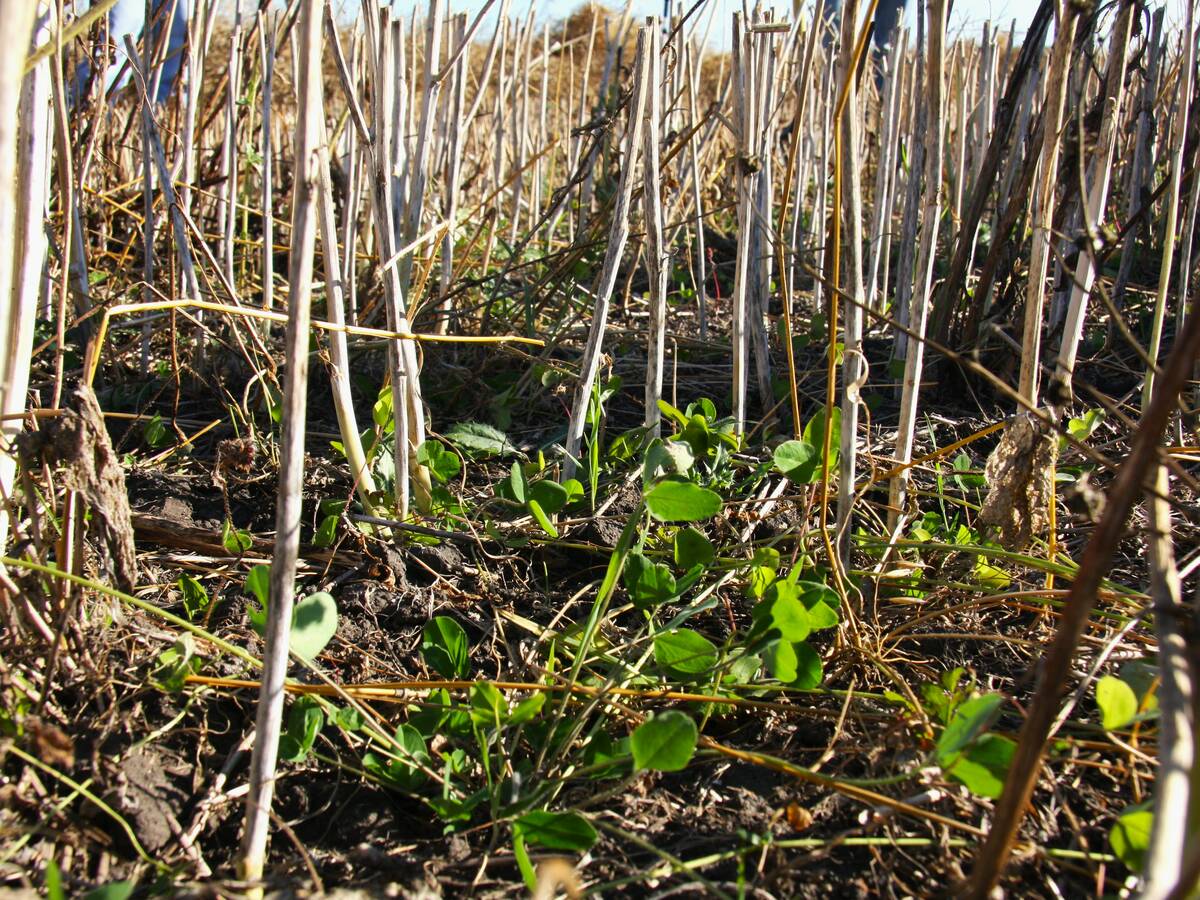MOSCOW, Russia (Reuters) — Russian agriculture minister Nikolay Fyodorov played down concerns about low state grain stocks, which could leave the government with little ability to sway domestic grain prices in the event of a harvest failure next year.
Russia uses its state grain stocks to boost the supply on the domestic market in years of poor harvests and to support prices in years of heavy crops via so called “interventions”, indirectly making grain more or less attractive for export.
Government grain stocks tumbled during last year’s drought to 1.2 million tonnes from 4.7 million tonnes and were expected to be replenished this year. But they are far short of target as the prices the government offers are too low.
Read Also

Saskatchewan project sees intercrop, cover crop benefit
An Indigenous-led Living Lab has been researching regenerative techniques is encouraging producers to consider incorporating intercrops and cover crops with their rotations.
“We can see that it would be good to have five million tonnes (of grain) in the intervention fund,” Fyodorov told a briefing in Moscow.
He expected the ministry to have bought about half a million tonnes of grains by Jan. 1 bringing stocks to 1.7 million tonnes. But he said the ministry has no plan to make any changes to the restocking program.
The ministry planned to buy up to six million tonnes on the domestic market this 2013-14 marketing year, which started on July 1, including up to three million tonnes by January.
“Interventions have fixed the situation (with domestic prices) very quickly,” Fyodorov said.














